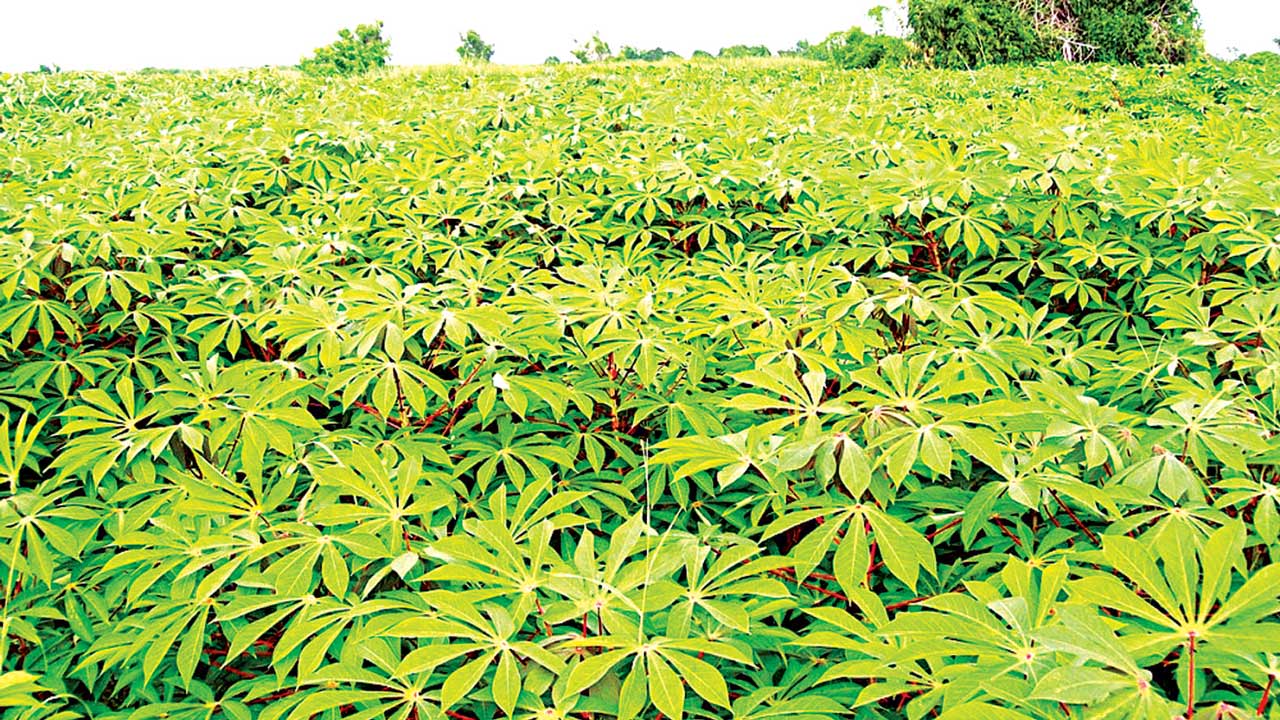
Stakeholders and cassava farmers in Abia State, have been sensitised on cassava virus detection and prevention. The one-day training, facilitated by the Central and West African Virus Epidemiology (WAVE) programme, in collaboration with the National Root Crops Research Institute (NRCRI), Umudike, Umuahia, the state capital, on the theme, ‘Participatory Surveillance and Awareness Creation Training of Cassava Farmers and Stakeholders on Cassava Virus Diseases Management,’ held at the Conference Hall of the Agricultural Development Programme (ADP), had over 100 participants in attendance, and will be conducted in Abia North and South zones of the state.
WAVE is an international research and prevention programme working towards ensuring sustainable food security in Africa through a harmonised and coordinated control of root and tuber crop diseases in the West and Central African regions.
The Bill and Melinda Gates Foundation (BMGF) and Foreign, Commonwealth and Development Office (FCDO) are funding the project.
The programme Country Director for South East and South South Zones, Dr. Chukwuemeka Nkere, said that the training was to equip the participants with necessary skills to identify cassava diseases, such as Mosaic and Brown Streak Diseases, and how to prevent them from spreading to more African countries, especially West Africa and Nigeria in particular.
He said: “We have come to discuss and impart the knowledge to enable you know what to do towards producing diseases-free cassava and increasing the output, in terms of quality and quantity.”
To actualise this, the WAVE Country Director and Researcher, NRCRI, told the participants that only certified cassava seeds, procured from certified sources, should be planted.
The session featured presentation on over view of the WAVE project and status of Cassava Viral Diseases in Nigeria, by the Country Director, on-farm demonstration of the Participatory Surveillance Application, ‘PlantVillage Nuru,’ by Mrs. Linda Nwachukwu, a research scientist at the NRCRI and establishment of demonstration plot, by Mrs. Maria Okoro, including Power Point display of disease infected cassava.
A representative of the state Ministry of Agriculture, Mr. Promise Obilor, charged the participants to learn and be in position to protect cassava, which, he said, over 90 per cent of famers grow in the country.



